Have we overplayed the straw card in zero waste?

As I sit here at my desk, staring out over the Tacoma cityscape with a blank page staring back at me, my eyes fill with tears. Reflecting on my time in Kenya...it’s nearly impossible to find the words.
Kenya was magic. Nothing.less.than.magic.
The landscape was stunning. The wildlife breathtaking. The people inspiring.
Although the theme of this trip was “Wildlife and People in Integrated Landscapes,” my takeaways from these ten summer days stretch far beyond the scope of human-wildlife conflict.
This post began as an assignment for my Master’s program. Now that we’ve been Stateside for nearly three months, we were to take a step back, find a theme in our experience, and write a single blog post sharing our reflections.
But after an hour of staring at a blank page, progressing a mere few sentences, I’ve come to realize this experience deserves more than that. It deserves attention, introspection, and empathy.
And so, I’m breaking this one post into five, each diving deep into one piece of the experience that’s been swirling in my brain for the last three months.
The first is the question I found myself asking from Day One in the field....
When I launched A Drop in the Ocean, I never wanted to be known for reusable straws. In fact, if you check out our vision and mission statements (they’re in the footer of every page), neither of them mention zero waste or plastic free living at all.
Now, there are plenty of people who need straws for medical reasons, or just truly enjoy drinking with straws, and plenty of drinks that need straws for practicality reasons (mocha frappuccino...is that you?). But in general, I hardly ever use straws.
“I’d like a water with no straw, please,” is basically my tagline.
But straws are the poster child for the zero waste and plastic-free movements.

And to be fair, according to the 2019 report from the International Coastal Cleanup, straws and stirrers were the third most collected item during the annual cleanup event, only beat out by cigarette butts (which, yes, are plastic), and food wrappers.
So yeah, straws are a problem, but they aren’t the problem. In fact, plastic in general isn’t the problem. But there’s a whole post on that here.
“But, Krystina, how the heck does this relate to your Kenya trip?”
Excellent question, my friend.
You may or may not know that my background is in the zoo world. My Bachelor’s degree is in wildlife science, and my Master’s will be in conservation biology. The program I’m in, Project Dragonfly’s Global Field Program, largely consists of educators (formal and informal), and zoo professionals of all kinds.
Before I began the journey of launching A Drop in the Ocean, my lifelong goal was to move to east Africa (Kenya or Tanzania), and conduct lion ecology research. I believed that in order to “do” conservation, I had to move across the world and do research.
But then I found zero waste. I realized that anyone can be a conservationist in their own daily life. My focus shifted from ecological research to advocacy and personal action.
Coming back to Kenya, I was excited to learn from actual lion researchers (#fangirl). I was excited to spend ten days surrounded by other conservationists. I was excited to dive deep into the nuances of conservation and how environmental problems, wildlife problems, and human problems intersect.

I couldn’t wait to take what I learned and come back to the States able to concretely say “Hey world! Here’s how we here in the United States can protect lions through our everyday actions!”
On Day 1 we sat down with Lucy Waruingi, Executive Director of the African Conservation Centre. We learned that while Kenya has 60 protected areas, accounting for about 8% of all of Kenya’s land, 65% of wildlife are found outside the borders of these protected areas.
We learned that habitat loss, land use change, human-wildlife conflict, and climate change are the greatest causes of wildlife loss in Kenya (although this is likely true nearly everywhere).
[We learned so much more but that’s coming in future posts. Stay tuned!]
Following Lucy’s discussion, the group gathered for a conversation about the role of zoos in conservation work.
During this discussion, after hearing from Lucy the conservation issues happening around Kenya, and amongst a group of highly educated practicing conservationists sharing the message of species protection every day through zoos and aquariums and classrooms, can you guess what the conversation kept turning to?
Yep, you guessed it. Straws.
Like I’ve said, straws are a big piece of the puzzle. But I found myself in this discussion wondering, “Okay, but what about the lions?”
Choosing to refuse a straw, or even banning straws outright, isn’t going to solve climate change. It isn’t going to prevent habitat loss or land use change, and it won’t mitigate human-wildlife conflict.
It just won’t.
It’s a piece of the conversation, for sure, and if you’re able to refuse straws or choose an alternative to plastic please do. But is this focus clouding our broader vision?
I can’t tell you how many times someone has come up to my booth at a market or pop-up, looked around at the refillable laundry detergent, bamboo toothbrushes, and shampoo bars, then exclaimed “Oh! You have straws! Thank you for being sustainable!”

I get it. Anti-straw messaging is everywhere right now. It’s the low-hanging fruit. And I really am glad that people are getting on board with it.
Ideally, this low-hanging fruit will inspire people to take on additional actions, perhaps like refilling their laundry detergent package free rather than buying a new bottle, or maybe even biking to work one day a week or practicing Meatless Mondays.
But if our messaging stops with “Straws suck!”, how will we move the needle with enough magnitude to truly combat climate change?
We must encourage the refusal of plastic straws, and then additional small actions that build upon each other for a holistic framework for a sustainable lifestyle.
So, have we overplayed the straw card? I think we have. Do I have a solution? Not quite yet. But I hope that through this blog series, the conversation will open to new ideas, thought-provoking angles, and further action.
Next up...empowering women and fighting climate change.


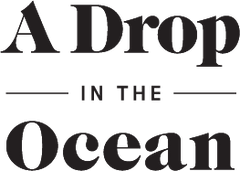


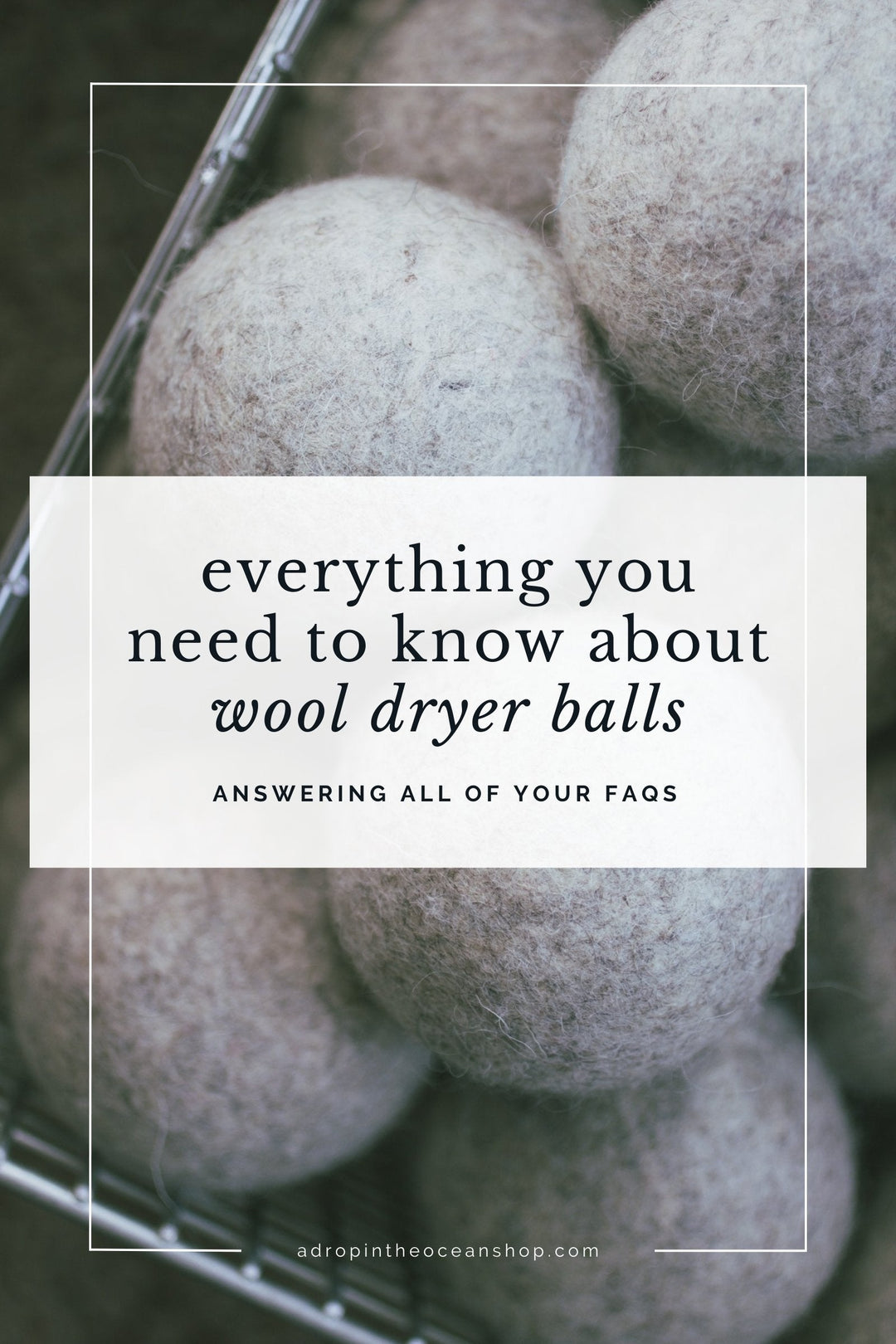
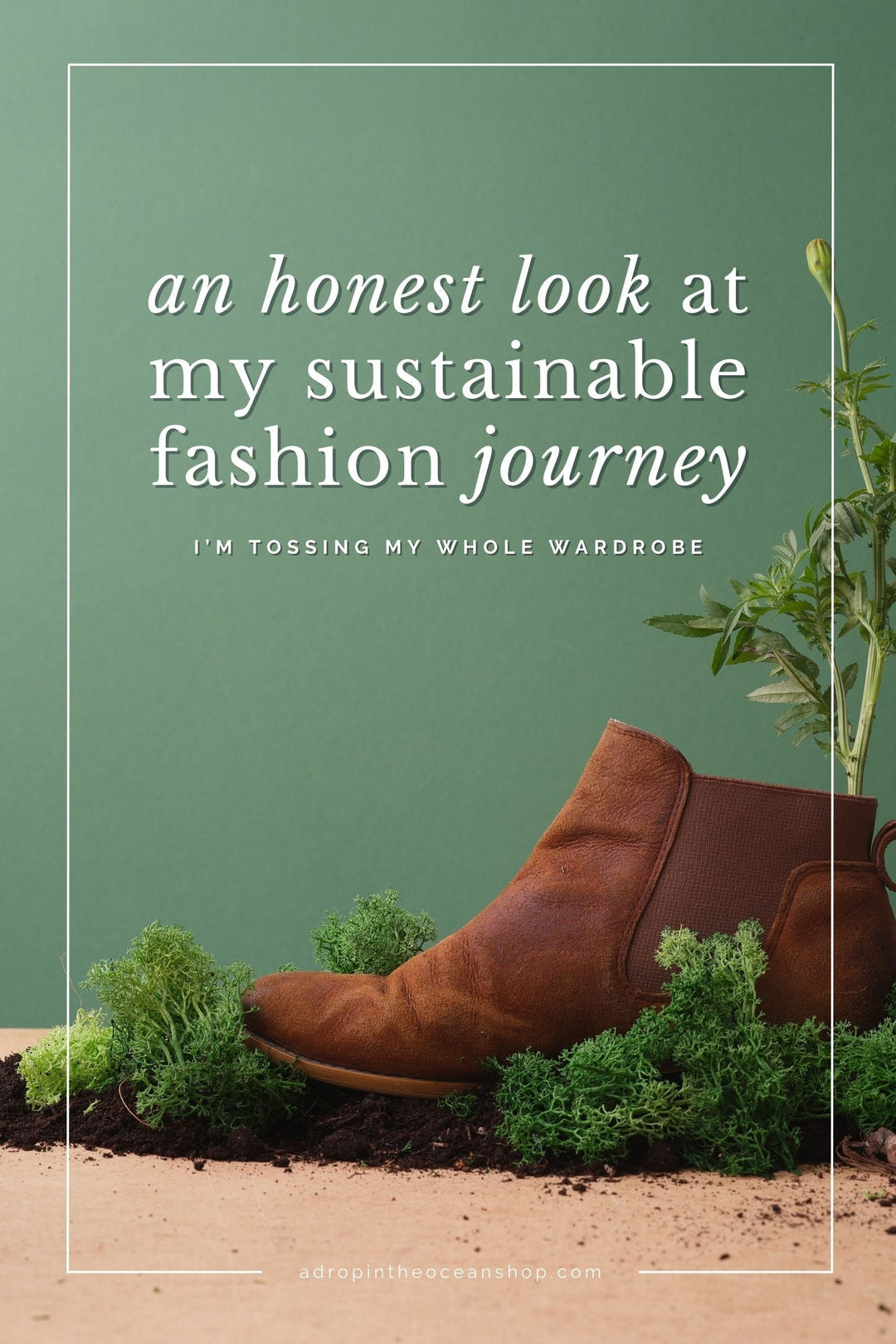
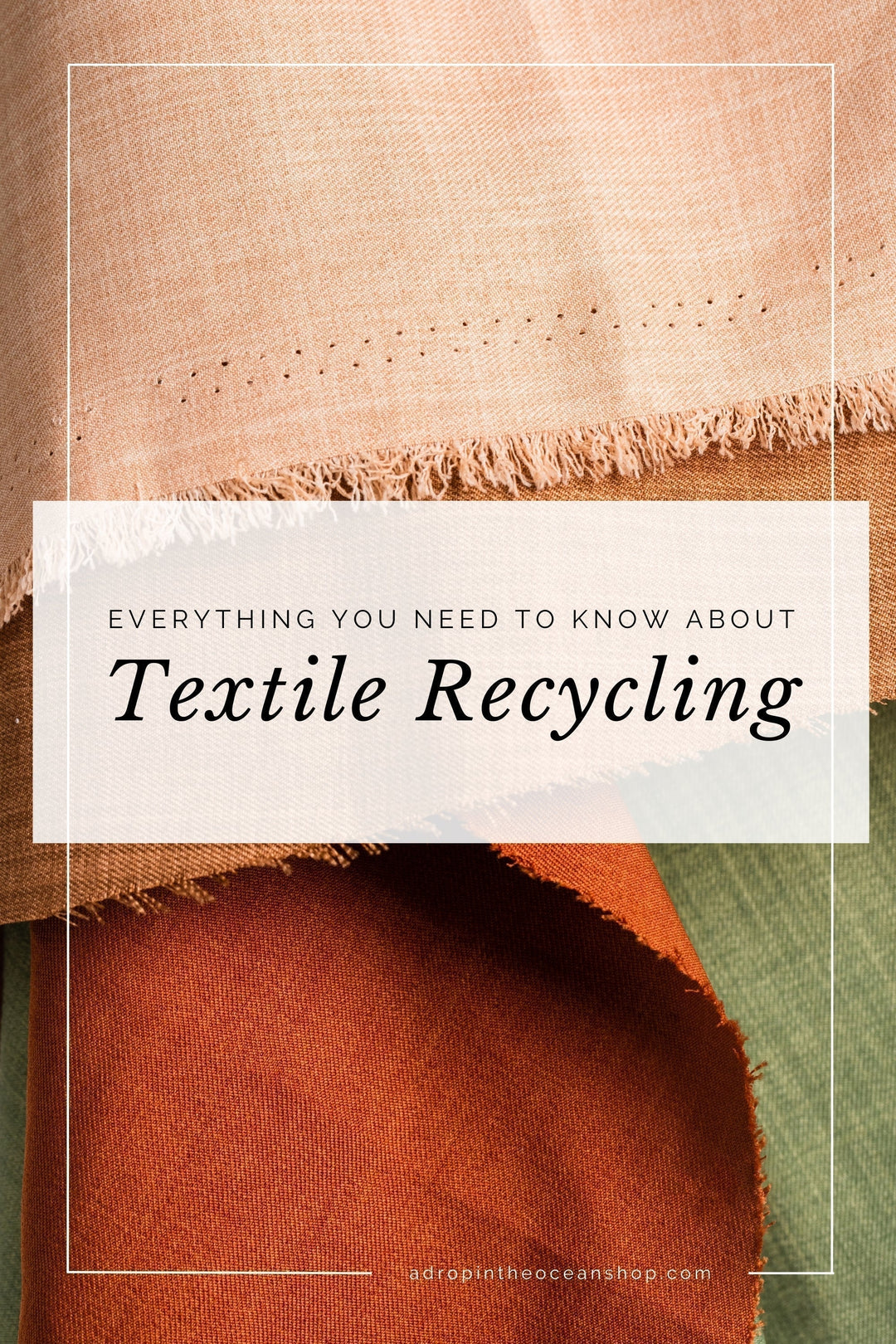
Thank you for your thoughtfulness here! I completely resonate with this. And frankly, for me it’s extended to a lot of “sustainable” products – somehow I always need to buy one more thing in order to save the world. But isn’t consumerism – even if it’s a renewable product – one of our largest culprits? This is obviously a dicey issue for someone in your shoes, and I salute your honesty and courage and exploring this – with your customers, no less! I look forward to your continued exploration of this because this is a discussion that needs to be had! Kudos.
and served as a call to action to many. So I think the straw can be the poster-child of a movement. As long as the conversation keeps going with “That’s not all…” and “What’s worse is…” and ”We can change our behavior in so many more ways, like…”. Maybe the sea turtle in the video is the nexus and not the straw. Maybe our kama muta for the turtle in this video is our propelling force. And from other images, the whales, and the sea birds, and on and on. If we can start with a straw and overhaul our linear economy and begin creating mini circular economies each time we ditch a disposable, we’re on the right track. Thanks A Drop in the Ocean for helping us do so in the way you are doing it. Realistic and forgiving. Progress, not perfection, I think you say. That mentality helps me stay the course.
Last summer, my daughter and I had the great pleasure of meeting and speaking with Christine Figgener, the marine conservation biologist who pulled THE STRAW out of THE TURTLE’S nose. https://youtu.be/4wH878t78bw I think her team’s experience (and that it was captured on video and put on YouTube) can be given tremendous credit for kicking off a giant movement. Straws are a singular, tangible representation of the massive problem facing our world and the video was emotional, hard to watch,
Leave a comment